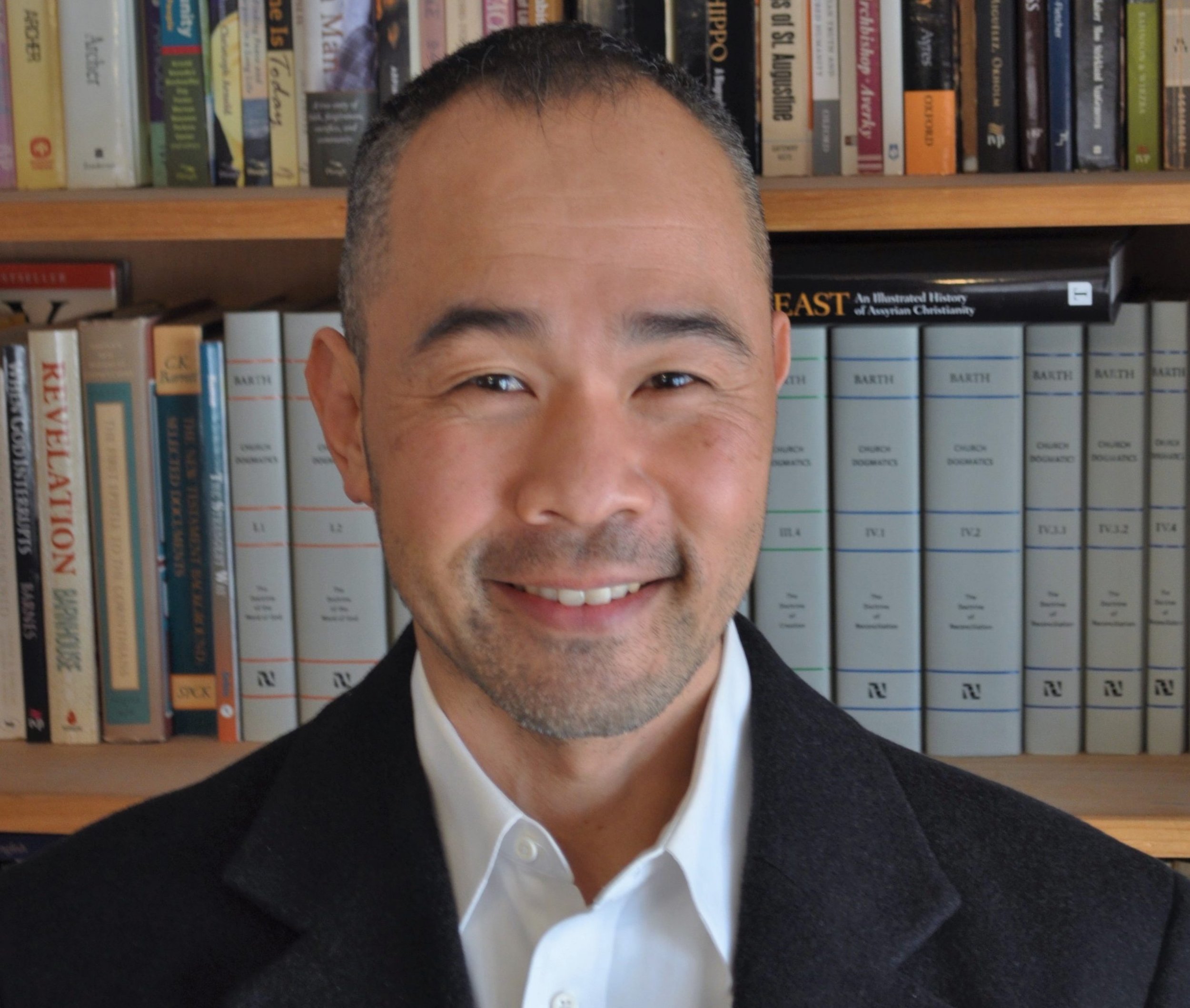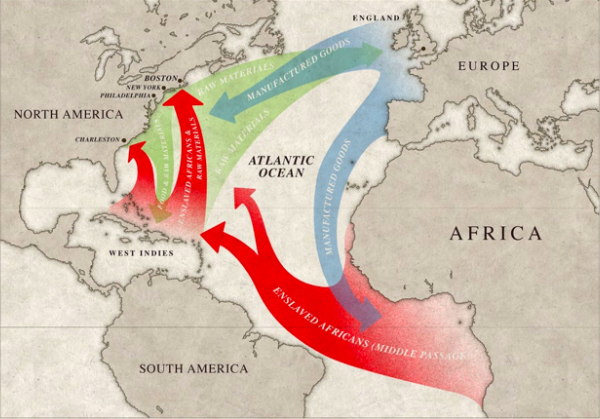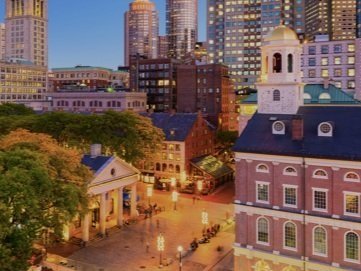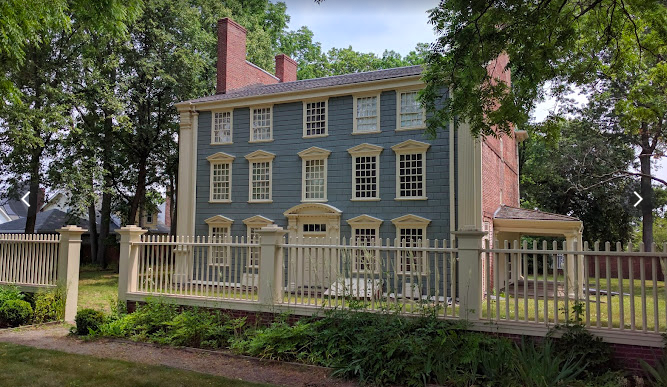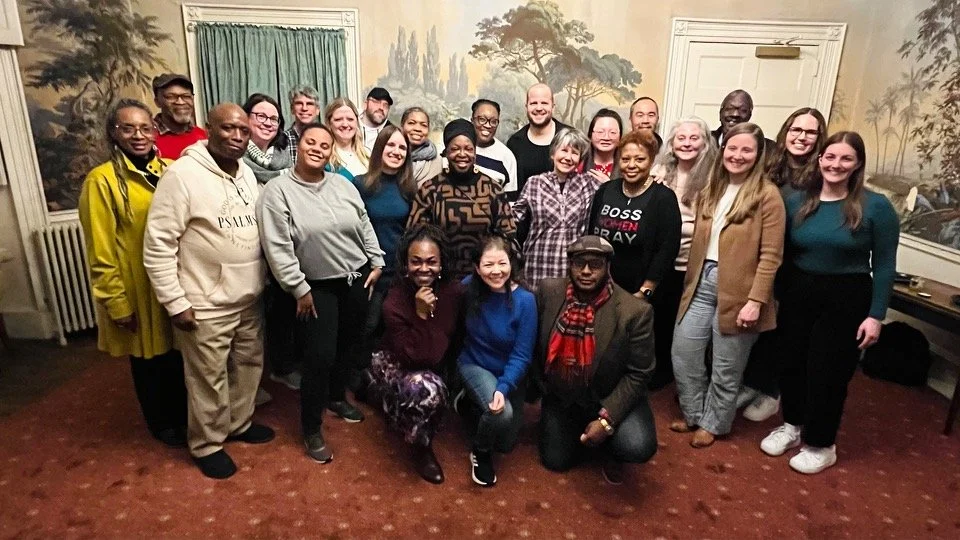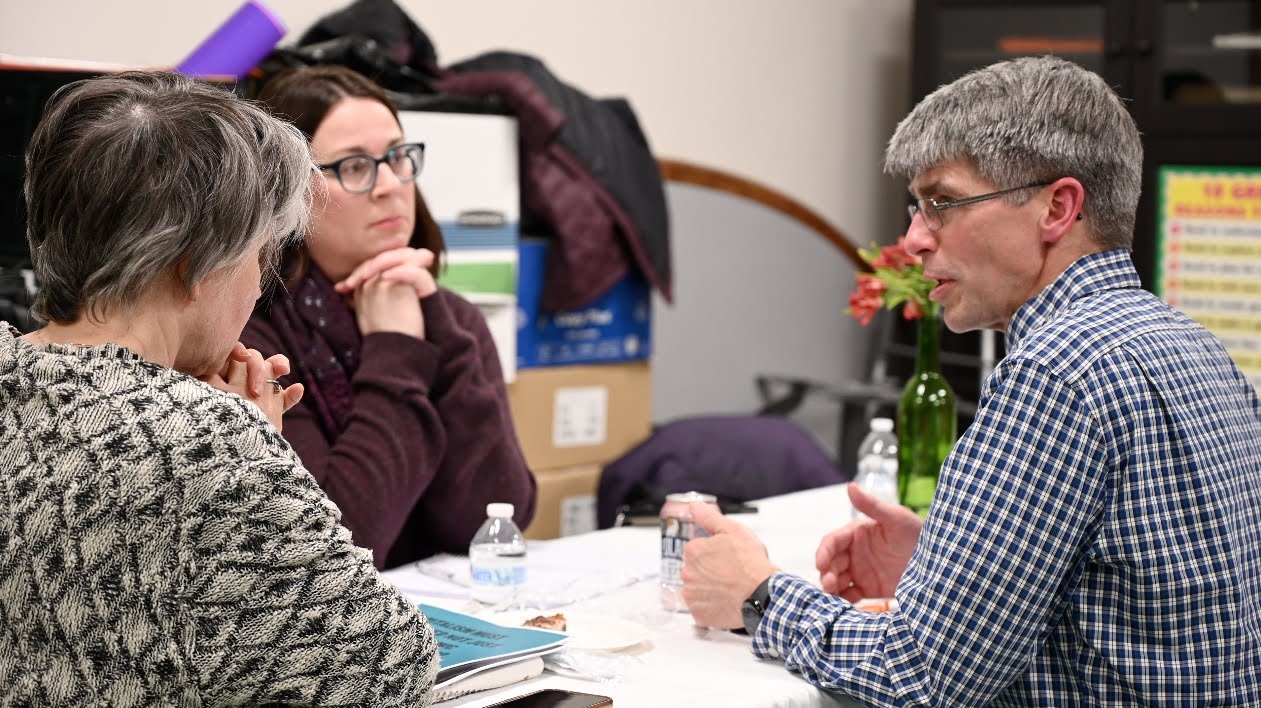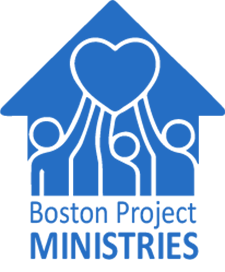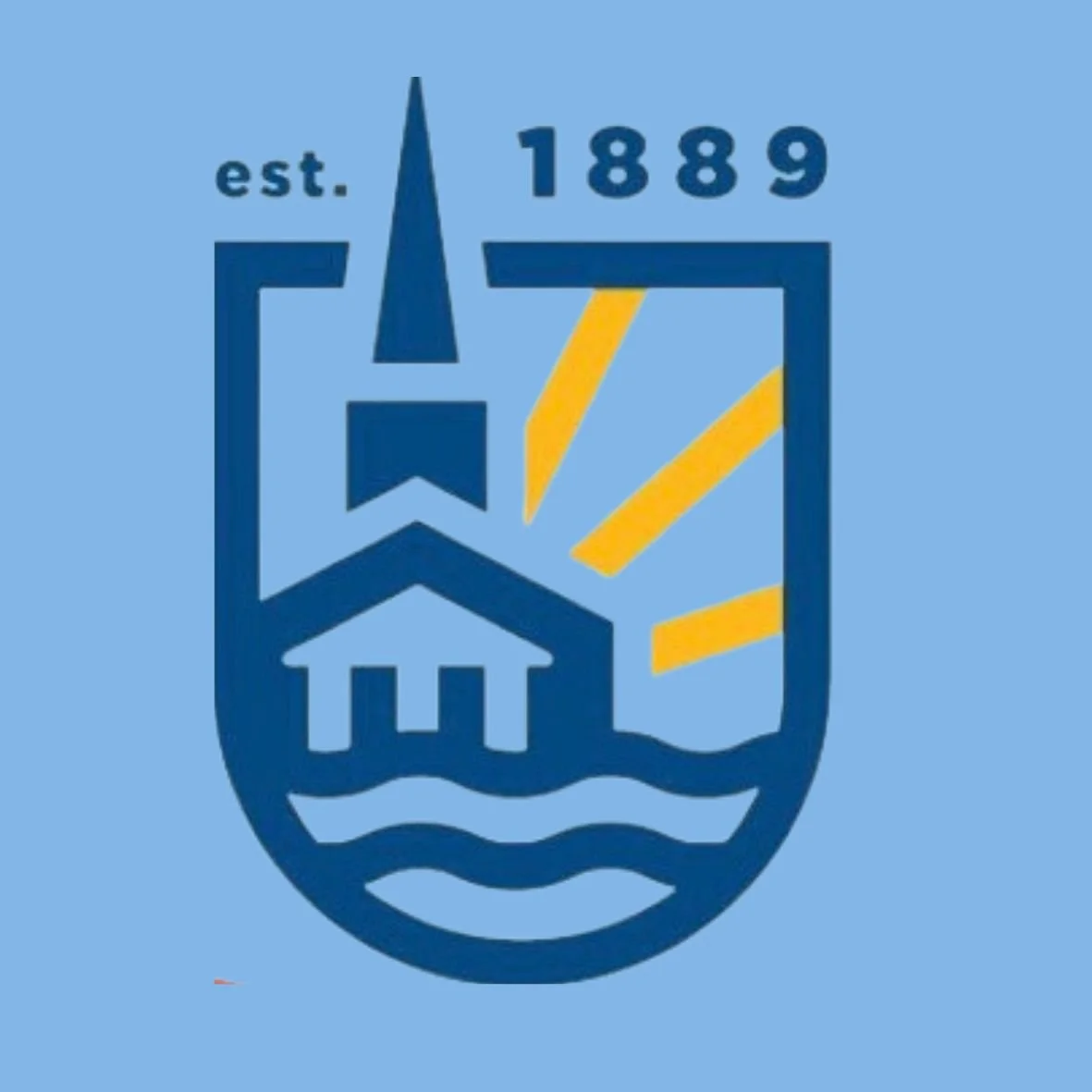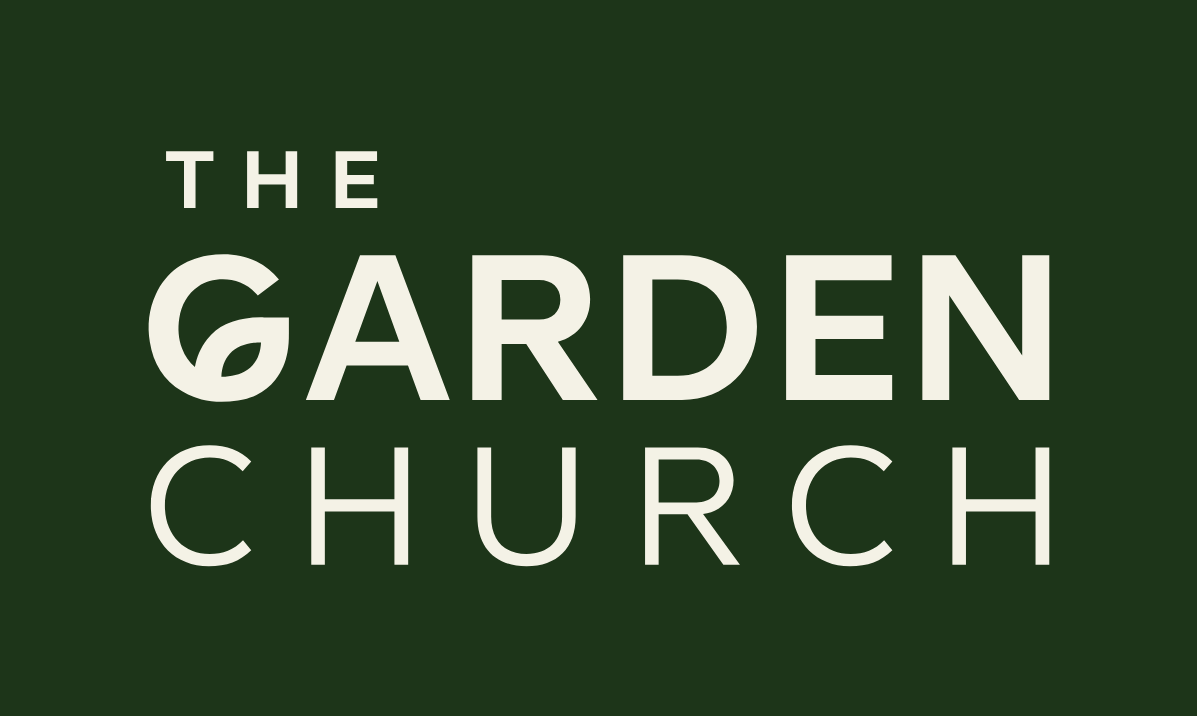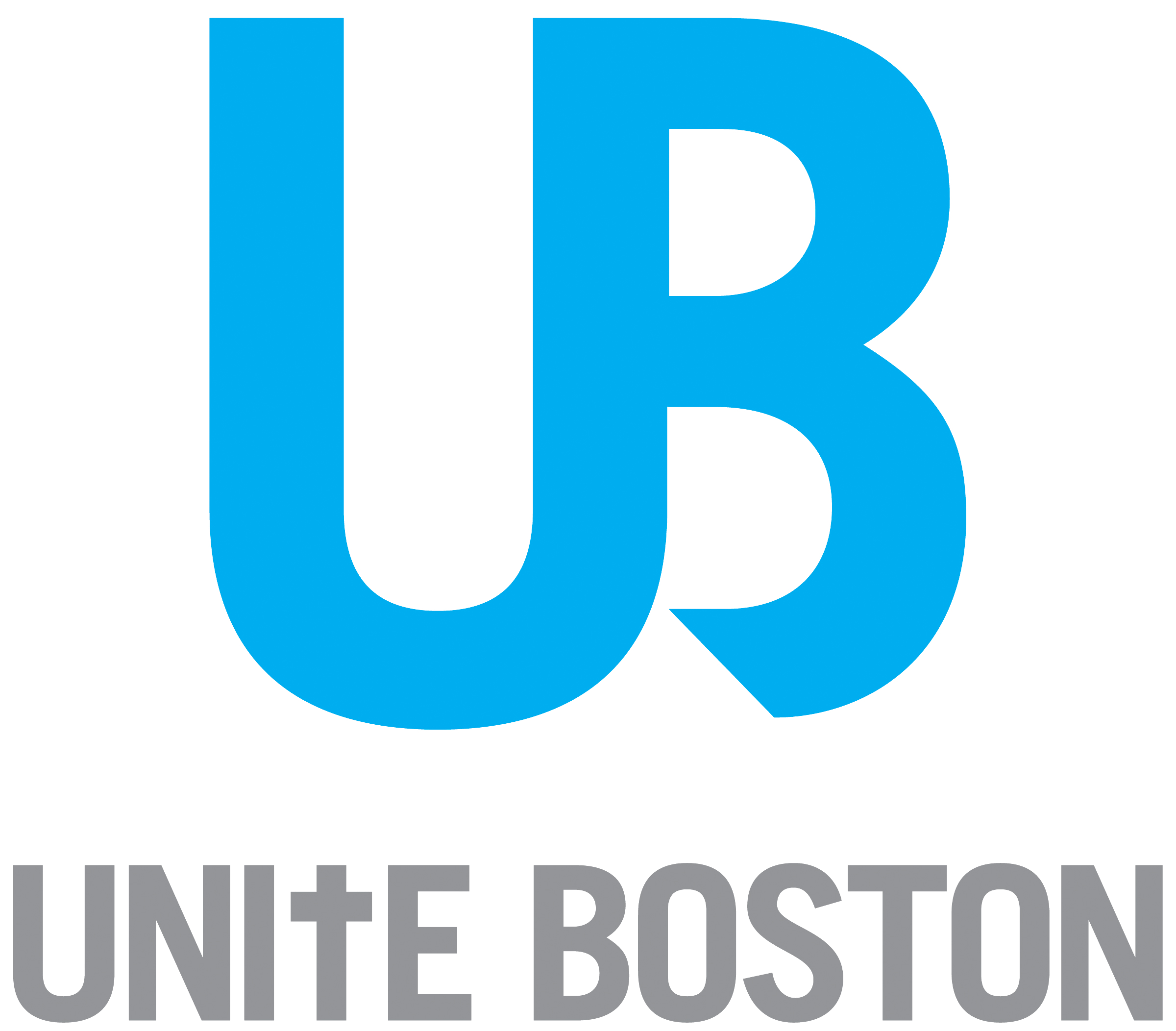Weekend on the History of Slavery in Boston
April 10th - 12th, 2026
“The [biblical] imperative to remember is formational for the community defined by God’s redemptive action.”
The history of slavery holds up a mirror that can help us examine the Church’s relationship to power today. Join us to visit historical sites, connect with local leaders and examine what the theology, postures, and practices of the Church in the past can teach us about being a faithful witness to Jesus today.
This experience will be held April 10th - 12th, 2026 and is designed to help participants…
Learn about Boston’s involvement in the North Atlantic Slave trade with a focus on how churches engaged the institution of slavery.
Help Christians connect the past to the present and consider what implications the legacy of slavery has on living out our faith in Greater Boston today.
Provide opportunities and resources for Christians to offer both a spiritual and practical response to the legacy of slavery.
This weekend creates sacred space for Christian leaders to encounter our hard history, hear stories often silenced, and discern how Christ is calling us to bear witness today. We believe that when the Church tells the truth about its past, it is better able to speak prophetically into its present. When the Church tells the truth about its past, we become better agents of God's redemptive work today.
Meet the Team
Dr. Nicholas Rowe: Historian Nicholas Rowe is the Kenneth and Jean Hansen Associate Professor of Leadership at Gordon-Conwell Theological Seminary. Nick believes that it’s critical for the church to engage in the biblical call to “remember” so we can root ourselves in our identity in Christ and his saving work in our lives and communities.
Mako Nagasawa: Mako is the founder and Executive Director of the Anastasis Center for Christian Education and Ministry and is a thought leader in theology, ethics, and early church history. Mako desires to illuminate how the Transatlantic slave trade represented a grievous deviation from Christian abolition efforts in Church history and Scripture and how Christians can live more faithfully into the Christian tradition by responding to the moral, relational, economic and political challenges slavery contributes to today.
Paulea Mooney-McCoy: Paulea is a leadership coach and ordained minister with over 25 years of experience developing people and programs through her work with community-based organizations, churches and in higher education. She will be serving as a spiritual care giver who can support participants’ spiritual health while giving special care to the wellbeing of our Black brothers and sisters.
Megan Lietz: Megan is the Founding Director of the Race & Christian Community Initiative that focuses on discipling white evangelicals to build shalom across racial lines. She’s excited to accompany her white evangelicals brothers and sisters on the journey as we take steps toward the truth-telling, lament, and repentance that is needed for healing, freedom and spiritual vitality in our region today.
What to Expect for the Weekend
During our time together, we will visit a number of sites that connect Greater Boston to the Transatlantic Slave Trade. In doing so, we will focus on the church’s involvement in slavery, how this shapes our city today, and implications it has for how to be a faithful witness to Jesus today.
Join us to:
Bear witness to where enslaved people lived and labored at the The Royall House & Slave Quarters.
Examine the ways white churches like Old North were complicit in slavery and how their enmeshment with empire offers warnings for the Church today.
Learn about Twelfth Baptist Church's rich legacy of resisting slavery and the ways it has faithfully stood against racism up to the present day.
Have a conversation with local activist, Kevin Peterson, about how we can work toward repair today.
Learn from the past about the theology, postures and practices that contribute to being a faithful witness to Jesus in the midst of racism.
Site visits will be interspersed with ample time for reflection and processing, including a conversation on healing from racial trauma with Sheila Wise-Rowe, based on her new book Seeds of Racial Healing: Fifty Two Devotions for Navigating Trauma.
“One of the steps towards justice, conciliation, and peace is truth-telling about how slavery in the past contributes to moral, relational, economic, and political challenges today.”
Though we are excited about visiting places that help connect us to our history, seeing them is just one step in our greater goal of exploring our history in Christian community. Throughout this weekend, we will prioritize creating space for individual and collective reflection, processing and dialogue. We will be intentional about inviting folks to engage their whole selves in heart, mind, body and spirit and do the self work that builds capacity to engage and respond to this history more effectively.
This is not just an opportunity to receive new information, but to open ourselves to God’s holistic transformation. We invite you to join us as we call upon the holy spirit, root ourselves in God’s Word and journey in Christian community.
“The past is not the past. It lives with us in the present. Yet, by and large, churches in Boston, and the white evangelical church in particular, have not examined or responded to the history of slavery in our region. Until we understand how this evil institution has shaped - and continues to shape - us, we will not be able to minister most effectively in the present. What is more, we will continue to experience barriers to the outpouring of the Spirit in our region until we lament, confess, and repent from the sin of racism. Exploring the history of slavery in Boston is a first step in wrestling with our collective past and investing in the spiritual health and vitality of our region.”
Commitment
All participants are asked to:
Complete 5-6 hours of preparatory materials that will help lay a shared foundation.
Participate in a meeting before the experiential learning weekend that will help us process some of the preparatory materials, build relationships, and equip us to dive in once we hit the ground.
Attend the entire weekend, that is tentatively scheduled to run the following times:
Fri. 6:00 pm - 8:30 pm
Sat. 10:00 am - 8:00 pm
Sun. 1:30 pm - 8:00 pm
Complete 2-3 hours of post-weekend reading focused on the impact of racism today and how to offer a faithful response.
Attend a reunion gathering where we will have the opportunity to further reflect and equip ourselves to respond.
Testimonies:
“The experiential learning weekend was a disorienting and enlightening experience that helped unearth crucial history that has been buried. I'm so grateful for the opportunity to learn – not only with our minds, but with our hearts and bodies as well. Having taken this journey, I feel more rooted in Boston, more connected to the beautifully diverse body of Christ, and better equipped to understand the scars the church and our city still carry and contribute to the healing and shalom we need.” - Josh
“When I think of dealing with racism in the context of the church, I usually have lots of anxiety and despair. The experiential learning weekend gave me an opportunity to deal with such a heavy subject matter in community. The Bible says that God puts the lonely in family. This weekend was like being put in a community orchestrated by God for the purpose of beginning to heal.” - Natasha
Cost:
This weekend is offered on a sliding scale. The cost of participation includes food and site admission. Please support this work at the price-point you are able.
$200: For those who are experiencing financial challenges.
$300: Actual cost per person to break even and ensure our co-leaders of color are paid well.
$400: Cover your own costs and give above and beyond to help remove financial barriers to others’ participation.
If you would like to participate and finances still remain a barrier, please make note of this in your application. We will do our best to get creative and share communal resources in hopes to be inclusive of all.
Applications are due by Fri. Feb. 13th, 2026.
You can also be a part of the experiential learning weekend by offering a financial gift. All gifts designated as “ELW Scholarship” will go to help make this experience more accessible for participants. Please consider giving to invest in racial healing and shalom today.
Resources to Learn More:
Check out our resources list on the history of slavery in Boston to learn more about our region’s involvement in the Transatlantic Slave Trade. This includes more sites you can visit, who has been addressing the legacy of slavery in our communities, and how you can get involved in making things right.
Thank you to our 2026 sponsors!
To learn more about becoming a sponsor email mlietz@egc.org.


